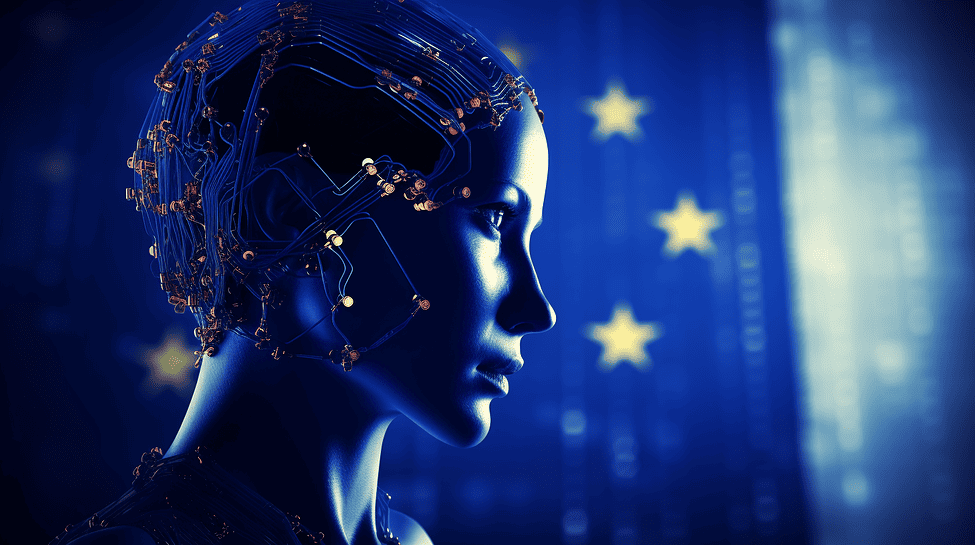
In an effort to lead the global AI race, the European Commission has unveiled a comprehensive AI innovation package. Drafted after the agreement on the EU AI Act, it provides for as much as €4 billion in public and private investment. These should transform the AI landscape by 2027. An AI Office will be established to coordinate policy and implement the Act, and AI factories will be established. This approach puts the EU at the forefront of AI.
Why you need to know this
.After the adoption of the AI Act, the European Union aims to boost the development of AI, setting aside funds for startups and small and medium-sized enterprises (SMEs).
The AI Innovation Package is a concrete plan backed by significant financial support. It includes the creation of an AI office within the Commission to oversee the implementation of the AI law.
Financial support
.An integral part of the package is the Commission's financial support through Horizon Europe and the Digital Europe program. This funding focuses on generative AI. These funds are critical to moving European AI initiatives forward and ensuring that startups and SMEs have the tools to innovate and compete globally.
In addition, the Commission is accelerating the development of European data spaces. These spaces are intended to serve as resources for the AI community and provide the necessary data to train and refine AI models.
Infrastructure and strategic initiatives
.To further strengthen the AI ecosystem, the Commission has announced the establishment of AI factories under the EuroHPC Regulation. These facilities will give startups and SMEs access to AI-focused supercomputers. The AI factories are intended to serve as incubators for various emerging applications.
In addition, the "GenAI4EU" initiative is a testament to the EU's strategic approach. It aims to support the development of use cases and applications in Europe's 14 industrial ecosystems and public sector. In line with this, two digital infrastructure consortia are being established, focusing on language technologies and local digital twins.
AI regulation as a global benchmark
The EU's AI law, passed in Brussels, sets a global precedent for AI regulation. The law is designed to manage the impact of AI on citizens. It has a strong focus on upholding public values and stimulating economic growth. The law bans facial recognition technology, except for the detection of serious crimes.
About 15 percent of all AI systems will fall under the law's strict regulations. This means companies must adapt and ensure their AI systems meet the new requirements. The law has set clear limits on the use of AI and prohibits social scoring and manipulative AI techniques. Violations of these rules can result in fines of up to €35 million or a percentage of a company's global revenue, depending on the severity of the violation.
Implications for the AI landscape
The implications of these developments are profound. The AI Innovation Package aims to raise the stature of the European Union in the field of AI. It ensures that AI systems are developed and used in a manner consistent with European norms and standards.
Before the AI law can take full effect, all EU member states and the European Parliament must approve the agreement. Once approved, the law will take effect within two years. This interim period is crucial for companies and governments to prepare for the coming changes.
A leap forward
.The launch of the AI innovation package and the adoption of the AI law represent a leap forward in the field of AI. They underscore the European Commission's commitment to lead and shape the global AI race. Through these measures, the Commission aims to create an environment in which AI can flourish in a responsible and ethical manner.
Now that ambition and resources are firmly in place, European startups and SMEs are well positioned to harness the transformative potential of AI. The coming years will show how these initiatives will drive AI development and secure the EU's position at the forefront of digital evolution.
Source: